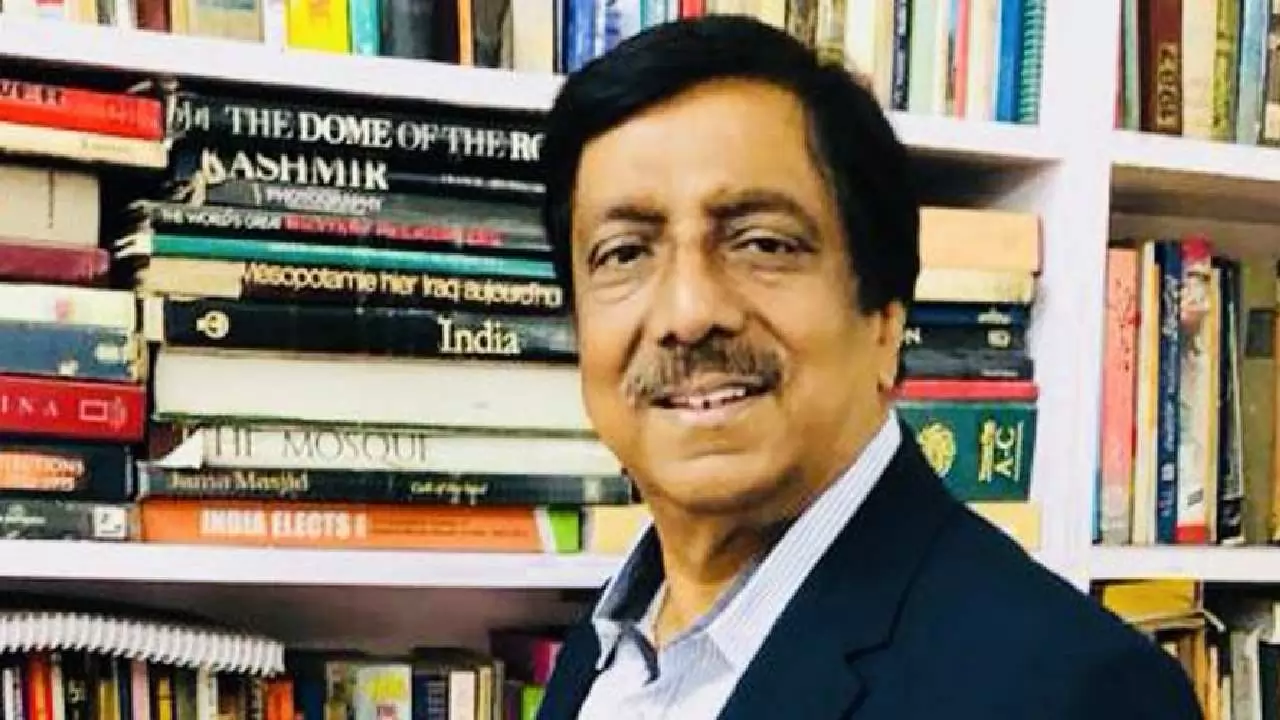
X/shahid_siddiqui
Lok Sabha Elections 2024: Shahid Siddiqui, the national vice president of the Rashtriya Lok Dal (RLD), has tendered his resignation from the party and its post. His decision comes in the wake of RLD's merger with the BJP-led National Democratic Alliance (NDA) ahead of the upcoming Lok Sabha elections.
Expressing his reasons for stepping down, Siddiqui emphasized his inability to passively witness the erosion of India's institutions, which he believes have been instrumental in fostering the nation's greatness. In a statement on X, Siddiqui stated, "Me and my family stood up against Indira's Emergency & today can't silently watch undermining of all the institutions which have united & made India one of the great nations of the world."
Respected Jayantji,
— shahid siddiqui (@shahid_siddiqui) April 1, 2024
We have worked together for 6 long years and have respect for each other. I, for one, look upon you more as a younger brother than a colleague. We have stood shoulder to shoulder on significant issues and at creating an atmosphere of brotherhood and respect…
The alignment of RLD with the NDA gained momentum after Jayant Chaudhary, amidst prolonged speculation, joined the alliance. This move followed the posthumous conferral of the Bharat Ratna on his late grandfather and former Prime Minister, Chaudhary Charan Singh.
The BJP, eyeing electoral gains in Western Uttar Pradesh, aims to consolidate its position among the influential Jat community, which constitutes the core support base of the RLD. By securing a foothold in this region, the BJP seeks to bolster its prospects in at least seven parliamentary constituencies.
Despite his resignation, Siddiqui extended appreciation towards Jayant Chaudhary for his commitment to secularism and constitutional principles. He acknowledged their collaborative efforts over the years and underscored Chaudhary's unwavering dedication to upholding democratic values.
With the Lok Sabha polls slated to commence on April 19, Uttar Pradesh, with its 80 parliamentary seats, emerges as a critical battleground. The BJP-led alliance, comprising RLD, SBSP, Apna Dal (S), and Nishad Party, aims to fortify its electoral position.
In contrast, the Samajwadi Party, led by Akhilesh Yadav, aligns with the opposition bloc, while Mayawati's Bahujan Samaj Party ventures into the electoral fray independently.
The voting process in Uttar Pradesh will unfold across seven phases, beginning on April 19 and concluding on June 1, with the counting of votes scheduled for June 4. This prolonged electoral exercise underscores the significance of Uttar Pradesh in shaping the national political landscape.
As alliances evolve and campaigning intensifies, Uttar Pradesh emerges as a pivotal battleground where political fortunes hang in the balance.





Copyright © 2026 Top Indian News
